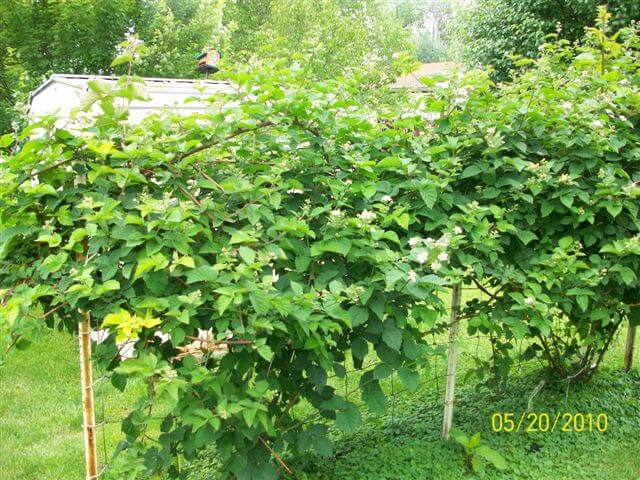
Why Every Gardener Needs a Coconut Coir Block
Introduction
Gardening brings joy and satisfaction. But healthy soil makes all the difference. A Coconut Coir Block is a simple tool that improves plant growth. At Doyle’s Thornless Blackberry, we see it help gardeners grow stronger, fuller plants with less effort. Lightweight and easy to handle, it works in small pots or large beds.
What is a Coconut Coir Block
A coir block comes from coconut husks. The fibers are compressed into a small brick. Once water is added, it expands into fluffy, loose soil. Unlike regular dirt, it is clean and free of pests. The natural fibers hold water and air equally. Roots breathe easier, and plants grow without stress.
The block is eco-friendly and sustainable. It offers an alternative to peat moss, which can harm natural habitats. Gardeners can use it alone or mix it with compost or garden soil to improve texture and drainage.
Benefits for Gardeners
These blocks make gardening easier. They hold water so you don’t need to water as often. They reduce soil compaction, allowing roots to spread freely. Plants grow strong and healthy, and fruits taste better.
For blackberry plants, proper soil is crucial. Using coir encourages strong root systems. It also balances moisture naturally, preventing overwatering or dry soil. You can mix it with fertilizers for gradual nutrient release, ensuring plants stay nourished for longer.
Read More: What Makes Online Wholesale Blackberry Plants a Smart Seasonal Investment?
Gardeners often notice quicker growth. Seedlings grow straight and strong because the soil remains light. Mature plants thrive with less effort. It also reduces stress on plants during hot or dry days.
How to Use in Your Garden
Using a block is simple. Place it in a bucket and add water. Wait until it fully expands. Break up any clumps to get fluffy soil. You can use it alone for small pots or mix it with garden soil for bigger beds.
For blackberries, place a layer at the bottom of your pot or raised bed. Add the plant and cover with more coir soil. Water gently until roots are established. The soil will keep moisture even, letting roots grow freely.
It works well for seedlings too. Young plants get the air and water they need without risk of root damage. Transplanting becomes easier, with minimal shock to the plant.
Bulk Coconut Fiber Options
For larger gardens, consider buying in bulk. Coconut fiber wholesale can save money and time. Large bags allow you to fill multiple beds or containers without running out.
At Doyle’s Thornless Blackberry, we recommend using coir for a clean, natural approach. The fibers are biodegradable and renewable. Using bulk options helps gardeners stay prepared and maintain healthy soil year-round.
Tips for Best Results
Choose tightly compressed blocks for easy storage. Hydrate fully before use. Mix with soil for permanent garden beds. Avoid overwatering as it may reduce air around roots. Rotate soil mixes to keep beds fresh.
Blackberries prefer slightly acidic soil. Use simple pH strips to test soil before planting. Add organic fertilizers for extra nutrients. Coir works well with companion plants. You can mix it with compost to improve fertility and texture.
Coir is versatile. Use it in containers, raised beds, or garden rows. It is lightweight, making it easy to move around. You get clean soil without heavy dirt or mess.
Conclusion
Adding a Coconut Coir Block to your gardening routine can change the way your plants grow. Soil stays light, roots spread freely, and watering becomes easier. At Doyle’s Thornless Blackberry, we see how it helps blackberries thrive. Our team encourages you to give it a try in your garden beds and pots. Using coir makes planting simple, keeps soil healthy, and supports your harvest. Let us help you get started and see the difference in your garden.
FAQ
1. Can a block replace garden soil completely
Yes, it can be used alone for most plants. Mixing with compost or fertilizer gives the best results.
2. How long does hydrated soil last
Once expanded, coir lasts one to three years. It decomposes slowly and adds organic matter to the soil.
3. Can it be used in hydroponic setups
Yes. The fibers hold water and air, making it ideal for hydro gardening.
4. Is it safe for young plants
Yes. Coir is clean, chemical-free, and allows roots to grow freely.
5. How does buying bulk fiber help
Wholesale options reduce cost and make it easier to maintain large beds. You won’t run out in the middle of planting season.
